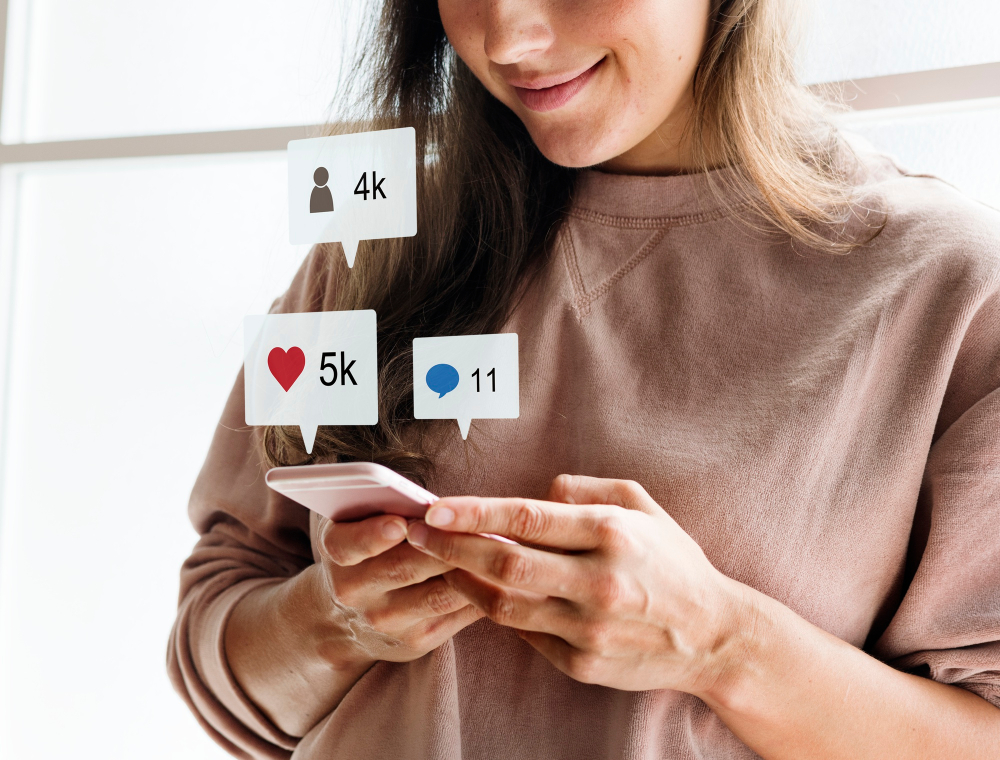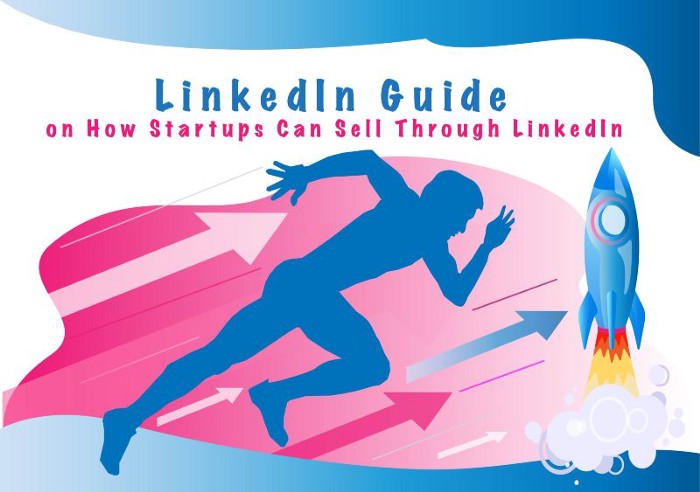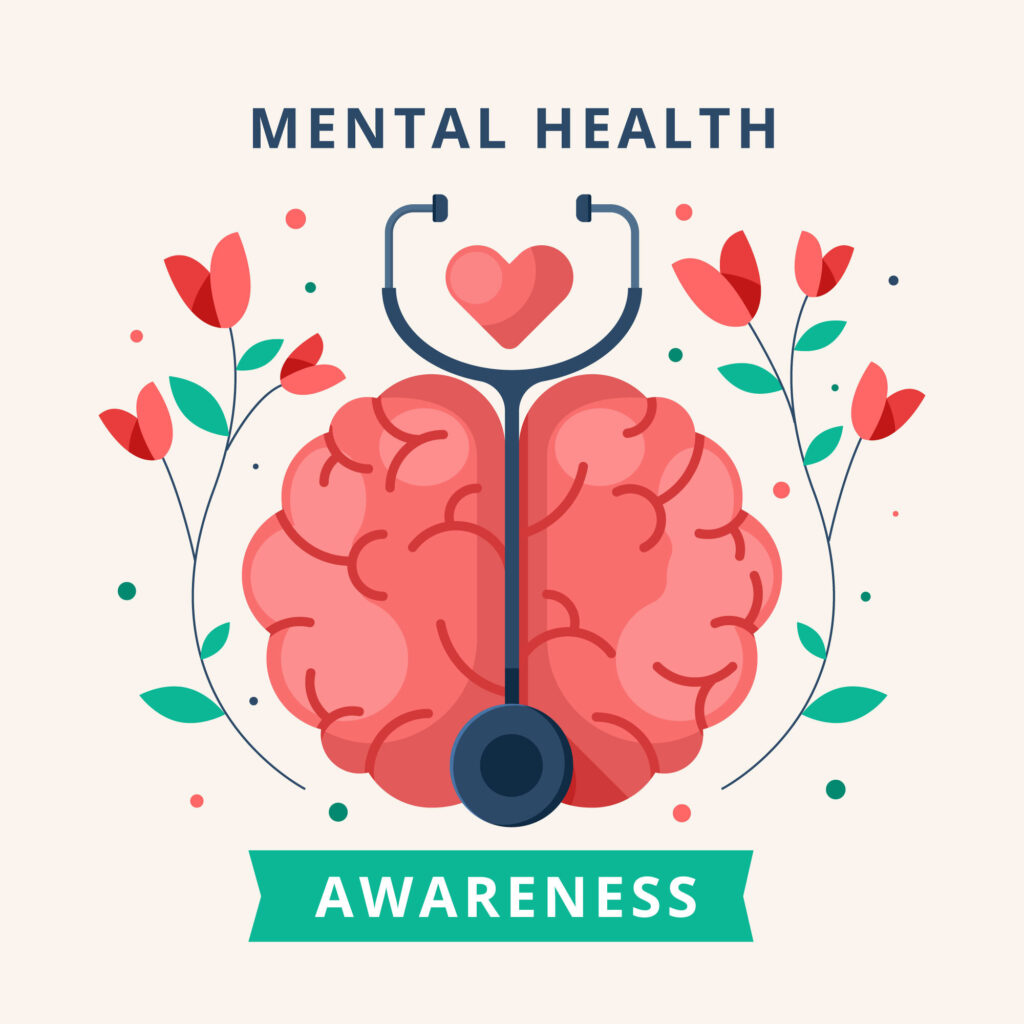The Gamification of Social Media: How Game Mechanics Keep Us Engaged

The Insidious Grip of Social Media Addiction and Mind Manipulation
In today’s digital age, social media has become an integral part of our lives, connecting us with friends, family, and the world at large. However, the convenience and allure of these platforms come at a price – the potential for addiction and mind manipulation. As we delve into the dark underbelly of social media, it’s crucial to understand the mechanisms behind this phenomenon and its far-reaching consequences.
The Dopamine Trap
Social media platforms are designed to be addictive, tapping into our brain’s reward system. Every like, share, or comment triggers a release of dopamine, a neurotransmitter associated with pleasure and reward. This chemical reaction is similar to what occurs in the brains of individuals with substance abuse disorders, creating a cycle of craving and gratification[1].
As users become accustomed to this constant dopamine rush, they may find it increasingly difficult to resist the urge to check their social media accounts. This compulsive behavior can lead to a neglect of real-world relationships, responsibilities, and even physical health[2].

The Illusion of Connection
Social media platforms often create an illusion of connection, leading users to believe they are more socially integrated than they actually are. However, this false sense of belonging can exacerbate feelings of loneliness and isolation[3]. Studies have shown that excessive social media use is linked to increased rates of depression, anxiety, and low self-esteem[4].
Moreover, the constant exposure to carefully curated images of others’ lives can lead to a distorted perception of reality. Users may feel inadequate or dissatisfied with their own lives, fueling a never-ending cycle of comparison and self-doubt[5].
Mind Manipulation Tactics
Social media platforms employ sophisticated algorithms to keep users engaged and coming back for more. These algorithms analyze user behavior, preferences, and interactions to deliver personalized content that is more likely to capture their attention[4].
One such tactic is the use of variable rewards, where users are presented with content at unpredictable intervals, similar to the way slot machines operate. This creates a sense of anticipation and keeps users hooked, scrolling endlessly in search of the next rewarding post[1].
Another manipulation technique is the fear of missing out (FOMO), which exploits users’ desire to stay connected and up-to-date with their peers. Social media platforms often highlight the activities and experiences of others, making users feel left out if they’re not engaging with the platform[5].
Combating Addiction and Mind Manipulation
Recognizing the signs of social media addiction is the first step towards regaining control. These signs may include excessive time spent on social media, neglecting real-world responsibilities, and experiencing withdrawal symptoms when unable to access the platforms[3].
To combat addiction and mind manipulation, it’s essential to set boundaries and practice mindfulness. This may involve limiting the time spent on social media, disabling notifications, and engaging in offline activities that bring joy and fulfillment[4]. It’s also crucial to be aware of the tactics employed by social media platforms and to approach content with a critical eye.
In conclusion, social media addiction and mind manipulation are serious issues that require our attention. By understanding the mechanisms behind these phenomena and taking proactive steps to manage our social media use, we can reclaim our mental well-being and cultivate genuine connections in the real world. Remember, it’s not about abandoning social media entirely, but rather finding a healthy balance that enhances our lives rather than diminishing them.
Citations:
[1] https://www.addictioncenter.com/behavioral-addictions/social-media-addiction/
[2] https://www.ukat.co.uk/addiction/behavioural/social-media/
[3] https://www.medicalnewstoday.com/articles/social-media-addiction
[4] https://www.healthline.com/health/social-media-addiction
[5] https://www.ncbi.nlm.nih.gov/pmc/articles/PMC9046602/
[6] https://www.theguardian.com/lifeandstyle/2024/jan/02/social-media-addiction-teenagers-study-phones
[7] https://lonerwolf.com/journaling-ideas/
[8] https://greataiprompts.com/imageprompt/image-prompts-for-bing-image-creator/






Responses